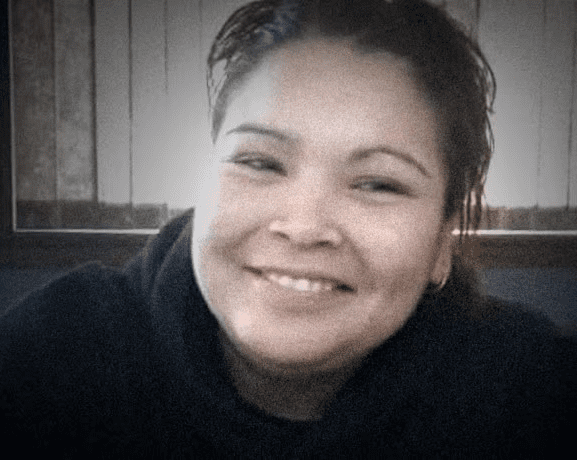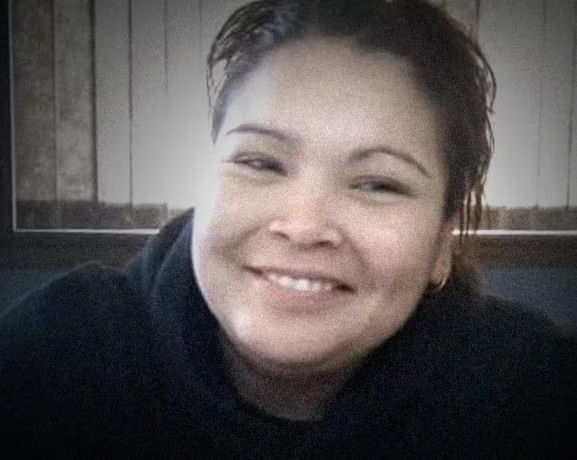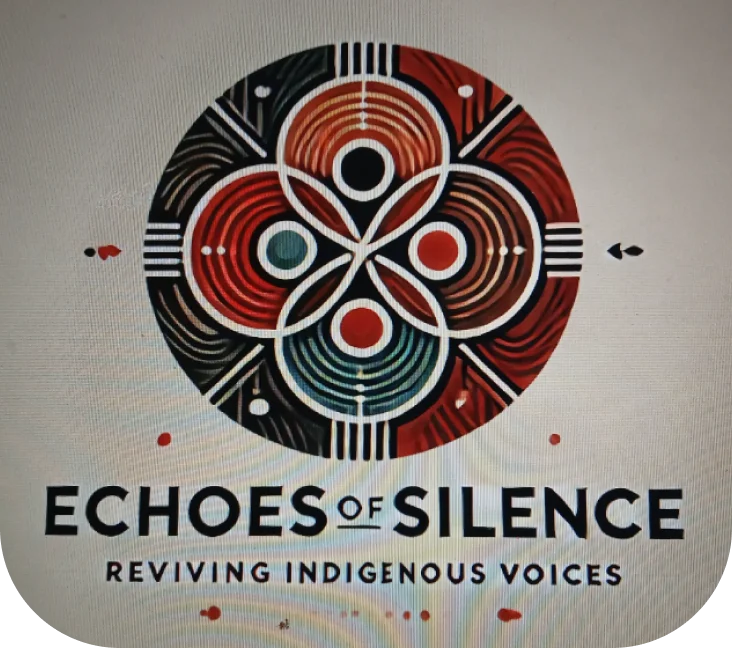Creating A Support Network: Resources For Families of Missing Indigenous People

When a loved one disappears, the world stops turning. For Indigenous families, this nightmare is compounded by systems that often fail them from the start. The case of Tanya Hill illustrates this tragic reality all too clearly.
Tanya, a 27-year-old woman from Six Nations, was found dead in her Hamilton apartment on March 5, 2011. Despite blood-splattered walls, dents, and a blood-soaked letter, authorities quickly ruled her death as “acute alcohol poisoning.” Her family, seeking answers at the police station, received only five cold words: “Your daughter’s gone.” Then silence.
This is one of over 230 unsolved cases where Indigenous families have been marginalized by the very institutions meant to protect them. When official channels fail, creating a strong support network becomes not just important—it becomes essential for survival, justice, and healing.
Immediate Resources When Someone Goes Missing
Time is critical in missing person cases. Here are resources to access immediately:
- The Reviving Indigenous Voices (RIV) App: Available through EchoesofSilence.Life, this tool provides GPS tracking, real-time alerts, and case management in multiple Indigenous languages.
- Native American Rights Fund (NARF): Offers legal assistance specifically for Indigenous communities navigating complex jurisdictional issues.
- National Indigenous Women’s Resource Center: Provides emergency response protocols and connects families with trained advocates.
- Tribal Emergency Management Association: Coordinates search efforts across tribal lands and helps navigate multi-jurisdictional challenges.
- Missing & Murdered Indigenous Women USA: Offers immediate support, media advocacy, and search coordination.

Building Your Core Support Team
Creating a sustained search effort requires organized support from those you trust:
1. Family Coordinator
Designate one family member to be the central point of contact for authorities, media, and community efforts. This prevents miscommunication and reduces the burden on immediate family members.
2. Community Liaison
Identify someone respected in your community who can mobilize volunteers, coordinate search efforts, and navigate cultural protocols.
3. Legal Advocate
Find someone with legal knowledge who can document all interactions with authorities, ensure proper procedures are followed, and advocate when systems fail—as they did for Tanya Hill’s family.
4. Media Contact
Designate someone comfortable with media relations who can ensure your loved one’s story receives the attention it deserves.
5. Wellness Support
Identify mental health professionals familiar with Indigenous healing practices who can support family members through trauma and grief.
Digital Resources That Amplify Your Voice
When authorities dismiss cases—as happened with Tanya Hill despite clear evidence of foul play—digital platforms can create vital pressure:
- EchoesofSilence.Life: Submit your loved one’s story to be featured and connected with similar cases.
- Sovereign Bodies Institute: Contributes to the most comprehensive database of missing and murdered Indigenous people.
- Indigenous-led Social Media Groups: Many tribal communities have dedicated Facebook groups for missing person alerts.
- Native Hope: Offers digital storytelling resources to ensure your loved one is humanized, not just a statistic.
- Native American Journalists Association: Can connect you with Indigenous journalists who understand the cultural context.
Financial Support Resources
Searches become expensive quickly. These organizations offer financial assistance:
- National Indigenous Women’s Resource Center: Provides emergency grants for search efforts.
- StrongHearts Native Helpline: Connects families with funding resources, especially in cases involving domestic violence like Tanya’s.
- Native American Rights Fund: Offers legal cost assistance for families seeking justice.
- GoFundMe.org Native American Fund: Provides matching funds for qualified Indigenous fundraising campaigns.
Healing Resources During the Search
The search for a missing loved one creates immense trauma. These resources focus on wellness:
- Indigenous Circle of Healing: Offers culturally grounded therapy specifically for families of missing persons.
- We Are Resilient Program: Provides trauma-informed care through an Indigenous lens.
- Traditional Healing Circles: Connect with community-based healing practices that recognize collective grief.
- Native Wellness Institute: Offers resilience training for families engaged in long-term searches.
Creating Lasting Change Through Advocacy
Tanya Hill’s case represents a system that consistently fails Indigenous women. Her blood-splattered walls warranted investigation. Her family deserved answers. Her life mattered.
Through advocacy, we can create change:
- Participate in MMIWG2S marches and awareness events
- Share stories like Tanya’s using #NoMoreStolenSisters
- Support Indigenous-led policy initiatives
- Document patterns of institutional failure
- Demand accountability from law enforcement
The EchoesofSilence.Life Community Stands With You
No family should face this journey alone. The EchoesofSilence.Life platform exists to ensure you never have to. Our community of families, advocates, and allies understands what you’re going through because many have walked this path.
Tanya Hill’s story reminds us why we must continue this work. Blood on walls should never be dismissed. Grieving families should never be ignored. Indigenous lives should never be devalued.
We will not be silent.
| What You Want | How to Get it |
| Police Reports | Call or Visit the Station |
| FOIA Stuff | File it online or by mail |
| Victim Help | Reach your local office |
